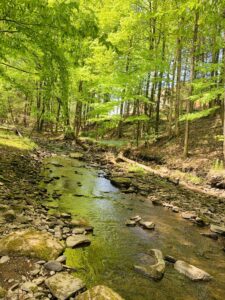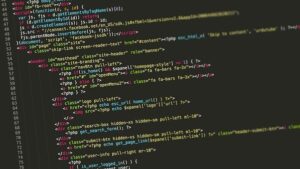After reading Culler’s thoughts on the categorization and selection of what defines literature the biggest takeaway for me is that our definitions are often largely subjective. Whether this subjectivity is personal, characterized by the rules and status quo of society or both, defining literary works often means comparing them to our experiences with texts or materials that have already been deemed “literary” . To me Culler also asserts that works are often considered “literary” by the masses when they happen to follow qualities and conventions that have long been associated with other literary works. To me a good example he gave of this was the sentence “We dance round in a ring and suppose, but the secret sits in the middle and knows”. Since this sentence rhymes, and follows a rhythmic cadence that seems almost familiar, we are tempted to assume this is a poem of some sort. To me, the fact that we assume this is because of our experiences with similar pieces of text that follow similar conventions as well as the perceived rules of such texts that have been ingrained in us.
The question that stuck with me is “what is involved in treating things as literature in our culture?” This question reminded me of the famous question of “what is art” and how art is often subjective and usually requires context to be understood.





